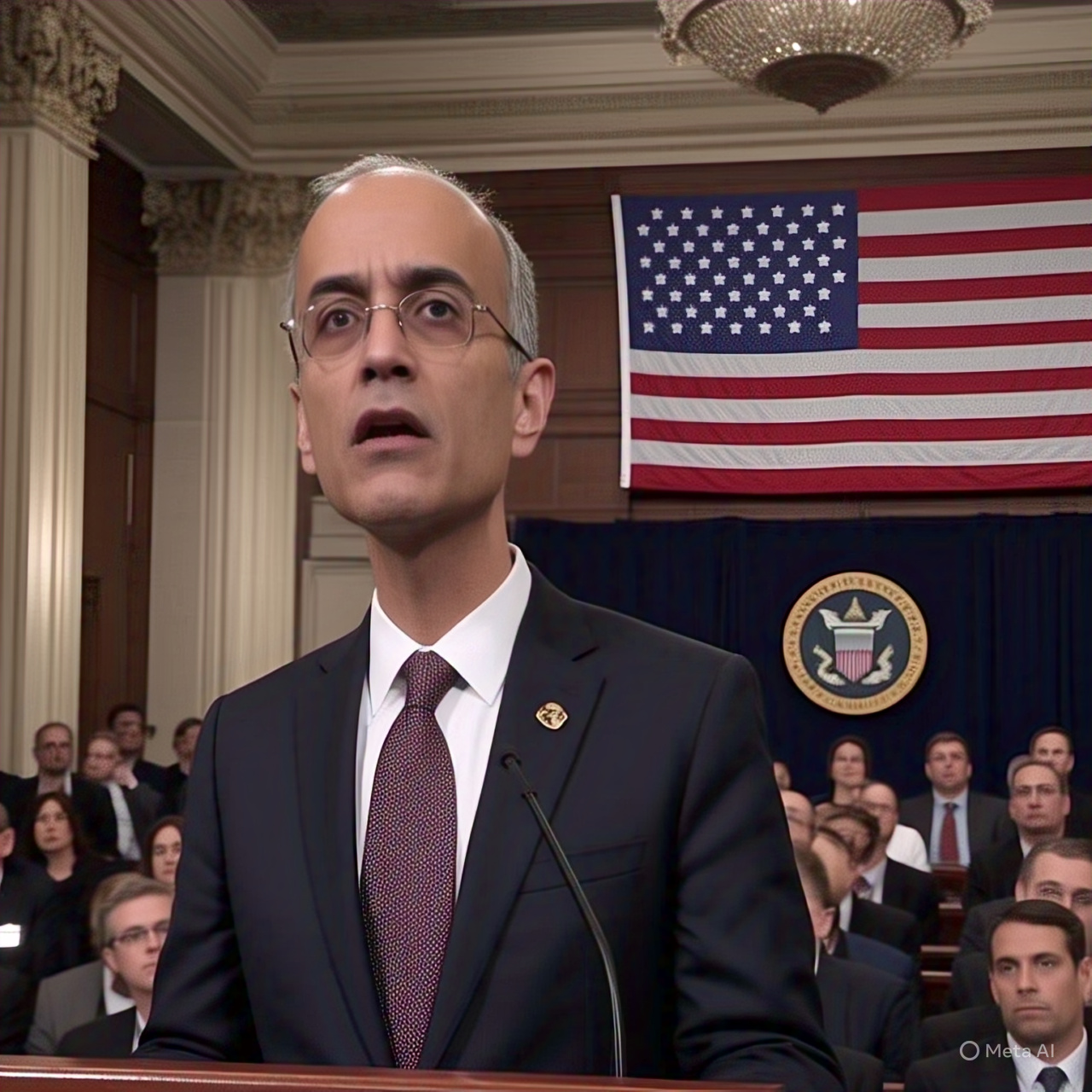Following 23 years of federal service, Christy Goldsmith Romero, one of the commissioners in the U.S. Commodity Futures Trading Commission (CFTC), resigned effective from May 31. Her resignation is a considerable shift in the agency’s leadership team and could grant outgoing President Donald Trump the opportunity to reshape the CFTC through the appointment of new officials.
Exodus of Leadership at the CFTC
Romero steps down simultaneously with fellow Commissioner Summer Mersinger, who is set to become CEO of the Blockchain Association on May 30. With these two leaving, the CFTC will be left with just two Senate-approved commissioners: Democratic party-representing Commissioner Kristin Johnson and Republican party-representing Acting Chair Caroline Pham.
When Trump’s alleged nominee for CFTC chairman, former commissioner Brian Quintenz, is confirmed by the Senate, Pham has also indicated she would like to leave. Quintenz would fill one of the three Republican-appointed slots that are currently empty if confirmed, which would enable Trump to appoint up to four members to the five-member group. A commissioner cannot serve as a member of the same party more than three times by law.
Romero’s Legacy and Crypto Oversight
Romero, who was sworn in in 2022, played a critical role in broadening CFTC oversight of the digital asset industry. In response to the challenges new technologies, including cryptocurrency, pose, she helped create the agency’s Technology Advisory Committee. She also supported enforcement action against major cryptocurrency firms, most prominently in response to an agreement reached for $2.7 billion with Binance.
In her letter of resignation, Romero looked back at her time, commenting, “It has been a tremendous honor to end my 23 years of federal service at an agency with such a vital mission to help ensure that financial markets fulfill their essential role in the U.S. and global economies.”
Congress Considers the CFTC Crypto Mandate
Romero’s departure comes as legislators debate legislation that would formally establish the Securities and Exchange Commission’s (SEC) and the CFTC’s roles in regulating digital assets. Identifying which agency has primary jurisdiction over various segments of the crypto markets is what the proposed framework seeks to do. This is a very important issue as digital assets continue to build institutional traction.

